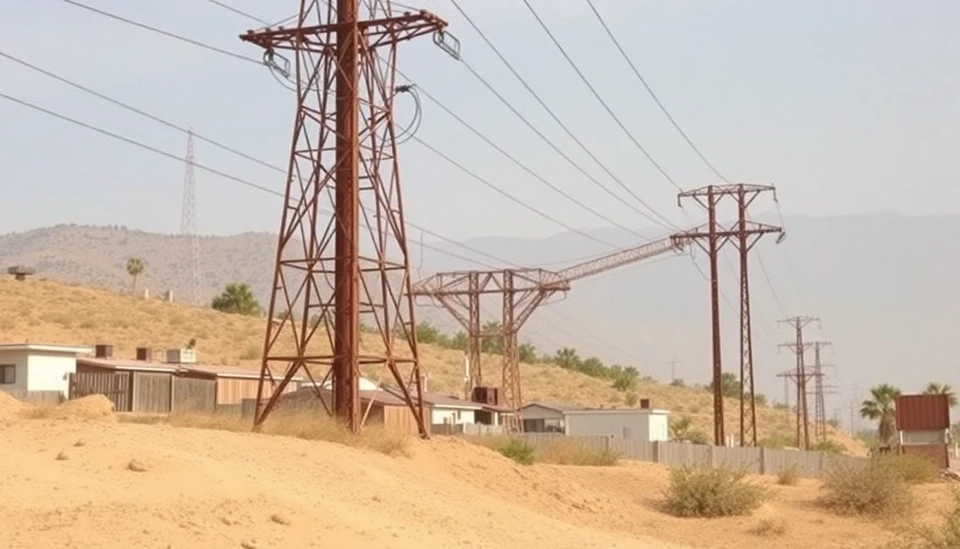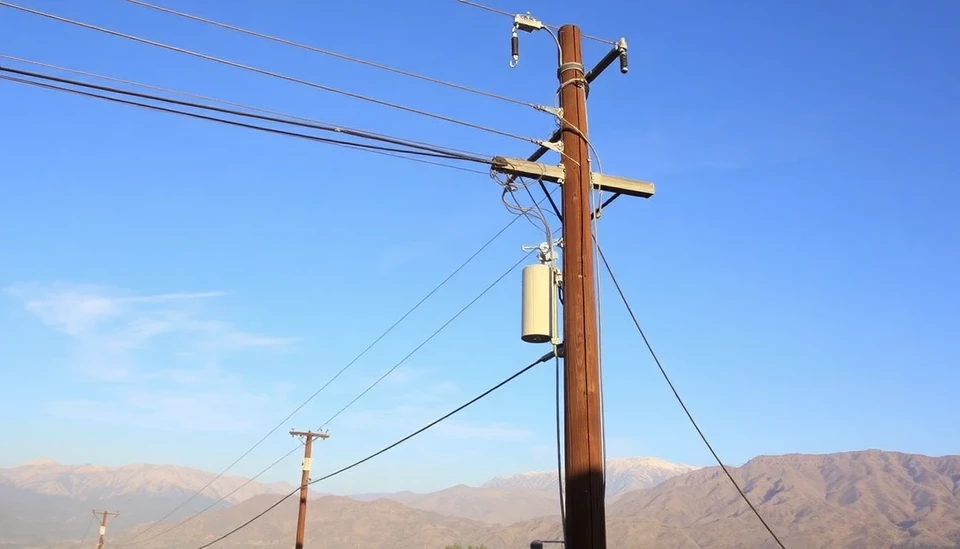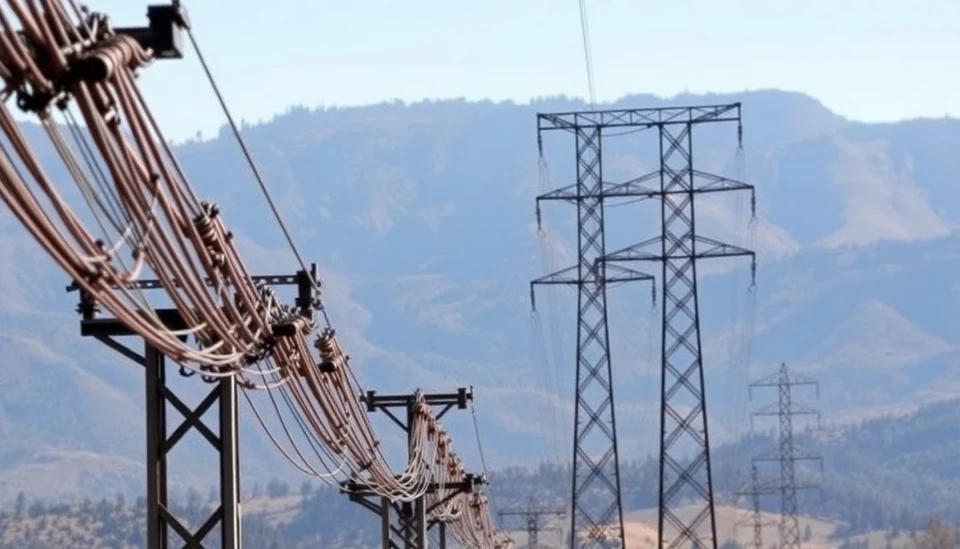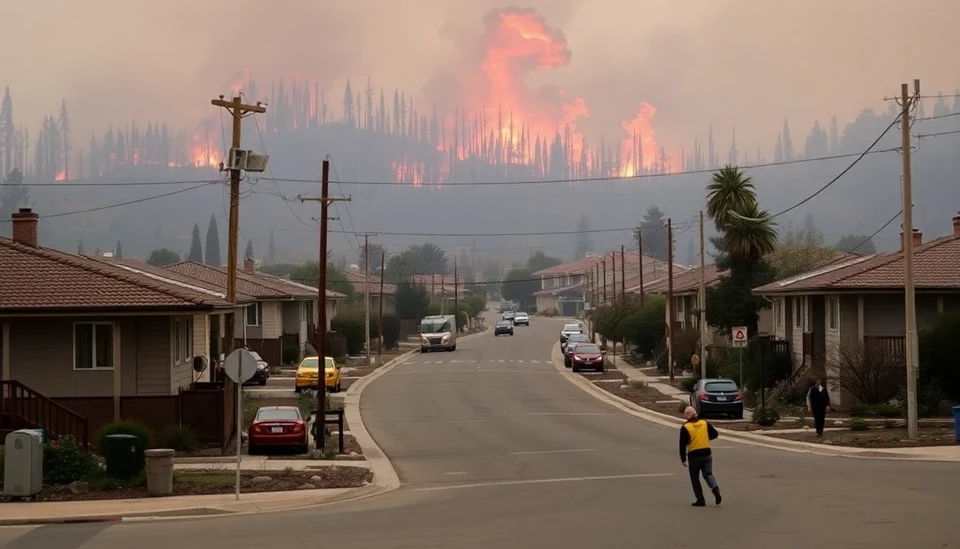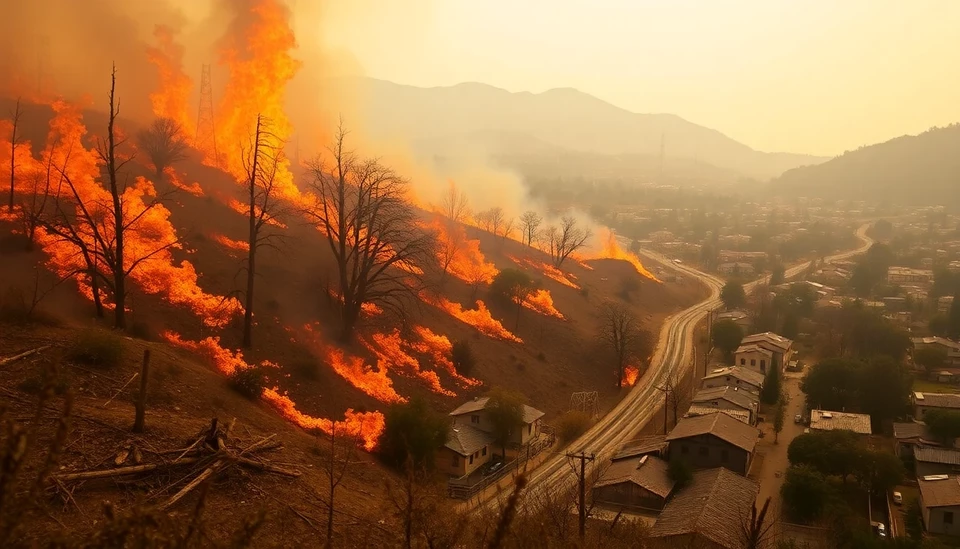
As Southern California continues to grapple with devastating wildfires, the magnitude of the destruction is becoming all too clear. Recent forecasts indicate that insured losses from these catastrophes in Los Angeles could exceed a staggering $10 billion, underscoring the economic repercussions of these natural disasters on local communities and the insurance industry alike.
The wildfires, which have swept through the region, have destroyed thousands of homes and businesses, leaving residents reeling. A combination of extremely dry weather, high winds, and climate change has intensified the situation, making these blazes not only more frequent but also more severe. This year, firefighters have faced unprecedented challenges, battling flames that spread rapidly through parched landscapes.
The California Department of Insurance is currently assessing the full extent of the damage. Early estimates suggest that the financial toll from the wildfires will not only encompass the immediate property loss but will also take into account long-term physiological damages suffered by residents. Insurers are bracing for a significant wave of claims, which could strain resources and lead to higher premiums for homeowners in the affected areas.
In response to the ongoing crisis, government officials are urging residents to review their insurance policies to ensure they have adequate coverage. The sheer scale of the losses is prompting discussions about the future of wildfire insurance and the role of government in managing this growing risk. Experts believe that as wildfires become more frequent and severe, insurance companies may pull back from offering coverage in the highest-risk areas.
With climate scientists warning that the severity of California’s fire seasons will only increase, local and state governments are being pushed to implement better fire management strategies. These may include creating buffer zones, improving vegetation management, and enhancing community preparedness to mitigate future losses. The future resilience of Southern California to wildfires will depend not only on climate adaptation strategies but also on how communities can rebuild and recover from this year's catastrophic fire season.
As the community comes together to support those affected by the wildfires, local organizations and charitable efforts are gaining momentum, seeking to provide assistance and resources for displaced families. The road to recovery will be long and challenging, but the spirit of resilience and cooperation among residents shines through amidst the adversity.
In conclusion, the wildfires in Los Angeles are more than just a tragic event; they are a wake-up call about the impacts of climate change and the importance of proactive disaster planning. The projected insured losses that could exceed $10 billion serve as a stark reminder of the need for comprehensive strategies to tackle these challenges head-on.
#CaliforniaWildfires #LosAngeles #InsuranceLoss #ClimateChange #DisasterManagement #CommunityResilience
Author: Sophie Bennett
